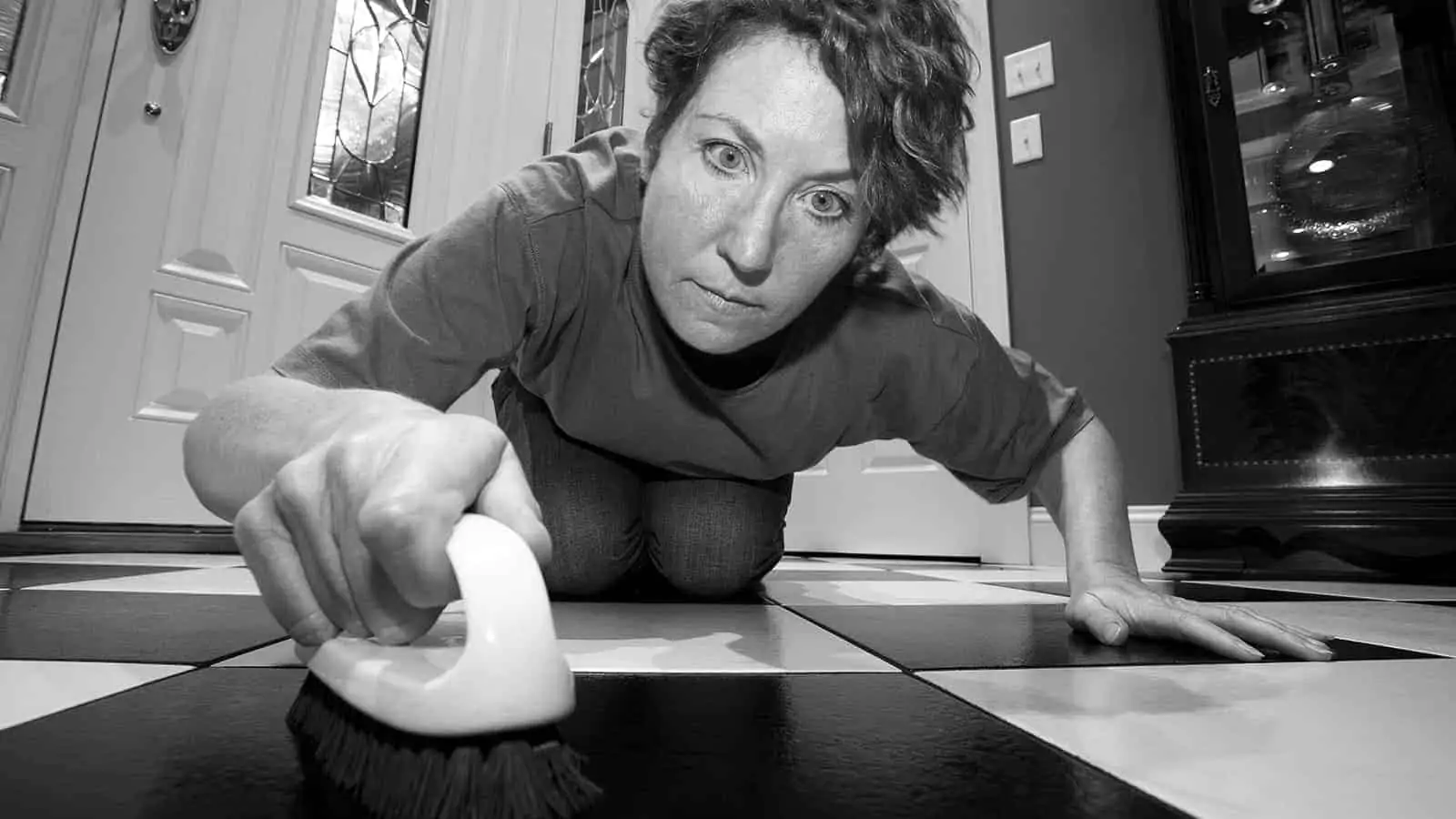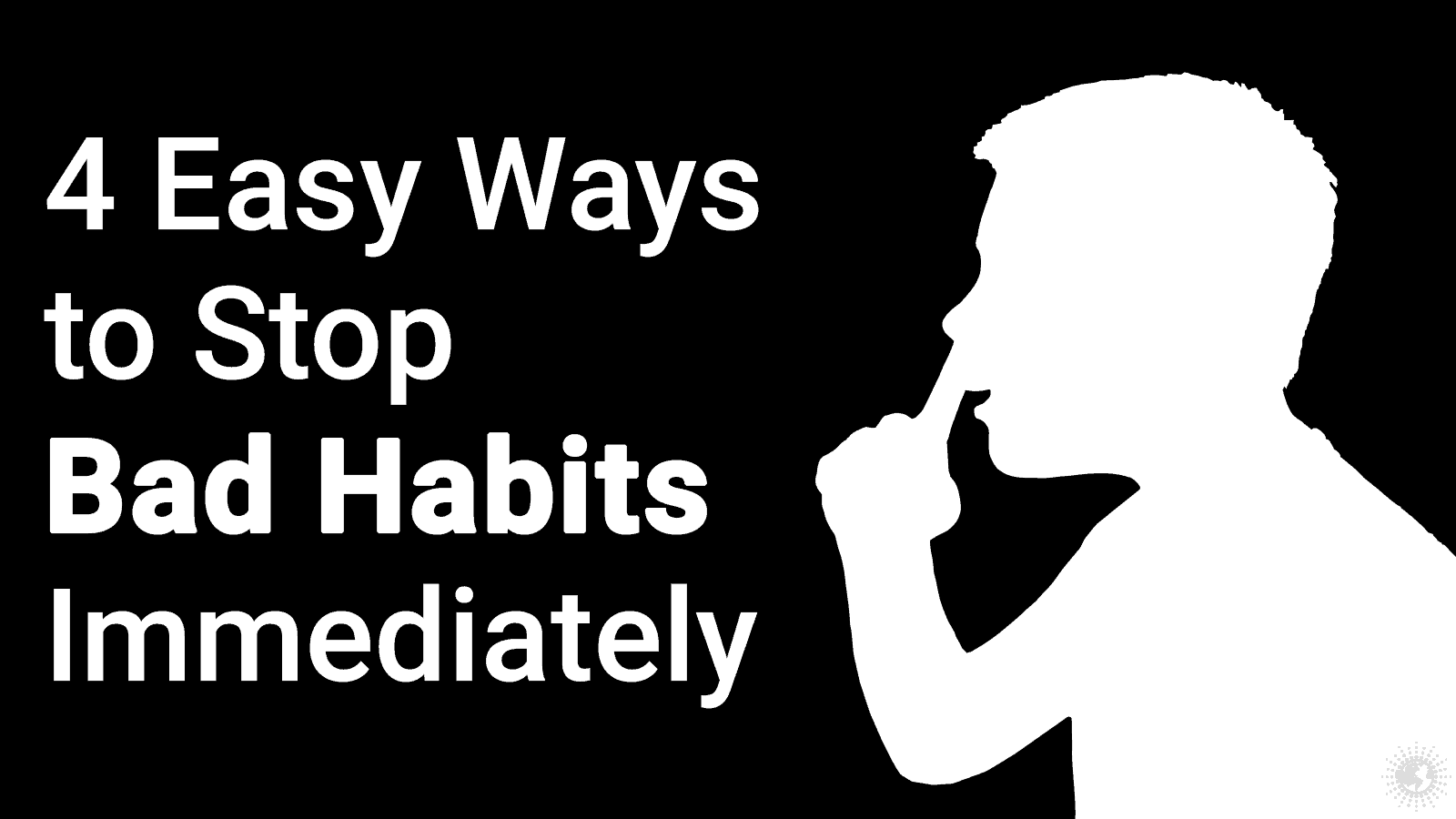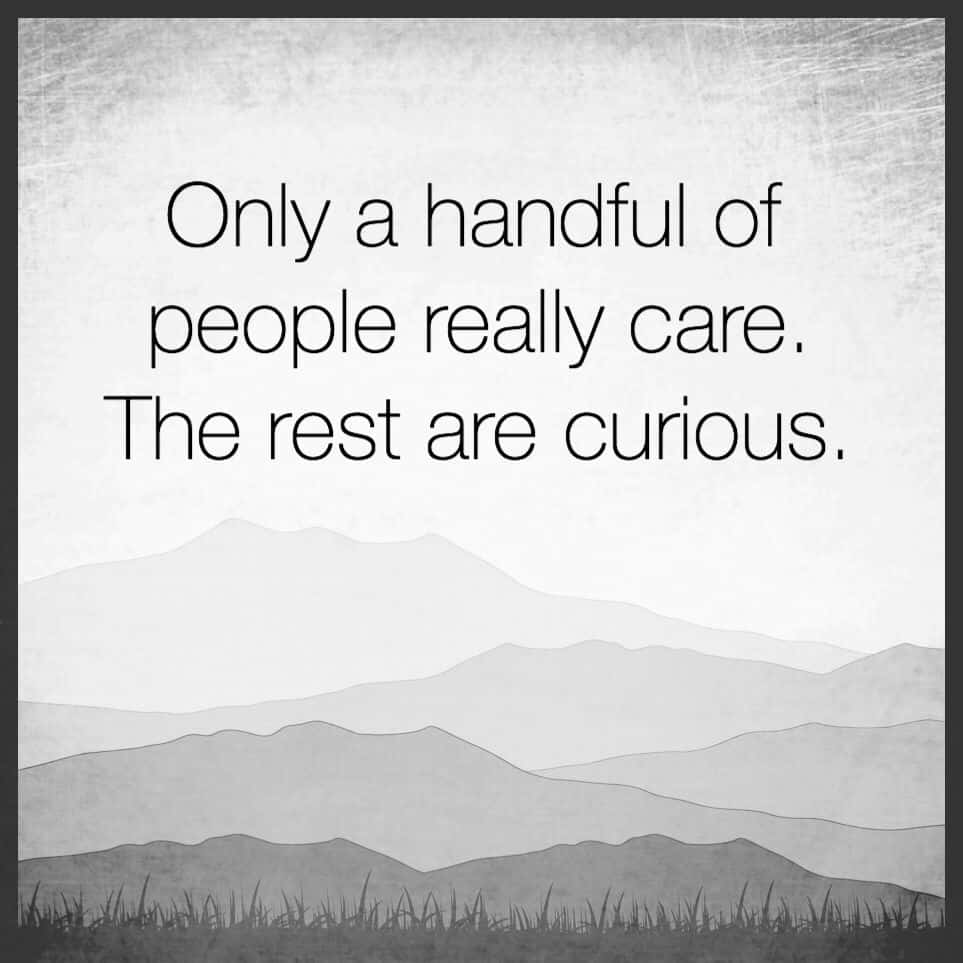Many compulsive behaviors can reveal someone might have OCD, and you have to know what to watch for. Identifying OCD is easier than you think, as you will see when you learn the behaviors that signify it.
First, however, it is crucial to understand what a compulsive behavior is. Compulsive behavior is something that a person repeatedly does, even if they don’t want to. These behaviors could cause negative situations, damaging mental health, and still, it seems impossible to stop.
A type of compulsive behavior is OCD, which is short for Obsessive-Compulsive Disorder. With this disorder, a person does things to relieve anxiety, although the actions may not relieve it at all. This could involve repeatedly checking locks on doors and windows or often washing their hands.
When these behaviors become too severe, it can negatively impact a person’s life. If you genuinely feel that you or someone you know might have this disorder, watch for the following compulsive behaviors.
Compulsive Behaviors That May Reveal OCD
Be aware of these habits that might reveal someone needs to seek help from a mental health professional.
1. They wash their hands more often than necessary.
Those who have this disorder often have a fear of germs, so they continuously wash their hands. They may not even touch anything that could have been contaminated, but they will scrub their hands anyway. Sometimes, they wash their hands so often that their skin becomes raw, cracked, and sore. Recent research indicates that the 2020 coronavirus outbreak may be the trigger of this obsessive handwashing behavior for many people.
2. They continually check that things have been done.
Some people with OCD regularly check things such as the oven, door and window locks, or appliances. Usually, they study things that are associated with danger, but this isn’t always the case. They also tend to check light switches, electronics plugs, and other appliances.
3. They always worry something terrible is going to happen.
They may feel like if something isn’t perfect or done in a certain way, something terrible will happen. This leads to them doing the task repeatedly until they think it is perfect.
People who have this type of compulsive behavior may also have anxiety that something bad will happen without reason. They won’t know what is triggering the feeling of doom. They just know that something bad could happen.
4. They obsessively worry that they will be in trouble for something.
This ties into the last one, where the person may worry something bad is going to happen. In this instance, however, instead of worrying that something harmful will happen, they worry about getting in trouble, specifically.
They fear punishment and often think they will be punished for mundane mistakes. Sometimes the errors they are stressing about aren’t even noticed by anyone else. This doesn’t help them relax the next time around, though.
5. They count everything and have a number they like to stick with.
You may notice that the person counts everything, even if there is no reason to do so. They will be obsessed with knowing how many things there are, or how many tiles are on the floor. Plus, they will likely know how many they have of something and realize if one is missing.
6. They organize things with similar features.
It’s not only that they like things organized, but it also goes beyond that and into an obsession. They often sort items by color, number, height, or other similar features. Sometimes they organize things so that everything faces the same direction, with labels all facing the same way.
7. They are hoarding or accumulating pointless things.
You may notice that they refuse or struggle to throw things away. These items could include old newspapers, broken items, or any other items that will go unused.
They likely hoard because they feel like something bad will happen if they throw things out. Other times they may worry that they will need it again someday or that they will find a use for it. They frequently say that they are going to fix the broken items, but never get it done.
The items they hoard tend to be things of little to no value, but are not sentimental. More severe hoarders even get to the point where they keep trash and live in unsanitary conditions.
Keep in mind that while hoarding is a compulsive behavior associated with OCD, it could also be a sign of Hoarding Disorder. The primary difference between the two illnesses is that in OCD, hoarding is stressful, random, and usually non-sentimental, according to psychologists. Hoarding Disorder, on the other hand, brings pleasure and usually has sentimental reasoning for keeping things.
8. Checking in with family and friends repeatedly in a short time frame.
While it’s normal to worry about loved ones and check in on them, it can become excessive. When someone calls to check in repeatedly in a short amount of time, it could be a sign of OCD. It indicates they have an unreasonable fear about something tragic happening to someone they love.
9. Tapping, counting, repeating words, and other seemingly senseless actions.
When someone with this disorder is feeling anxious, they might repeatedly do random actions. The action will likely have no reason, but they will continue to do it anyway.
They may tap on the table in front of them, on their leg, or any other available surface. Counters will count to the same number repeatedly, or collect groups of items that add up to a favorite number. Other times, they may repeat the same word or phrase over and over again in an attempt to reduce anxiety.
Other repeated actions you may notice include:
- facial expressions
- throat clearing
- shrugging their shoulders
- eye blinking
10. They spend too much of their energy and time on cleaning and washing things.
People who have OCD sometimes have a fear of contamination. They worry about germs and dirt, so they clean frequently. They may sanitize a counter that has been unused since it was last cleaned, or wash a dish several times.
In this case, the person is often worried about illness and infection. They wash and re-wash everything, and may still be anxious about germs.
11. Engaging in frequent rituals.
Sometimes, a sign of OCD is if a person is obsessed with moral rules and religious perfection. They may pray excessively, repeating the prayer until it sounds perfect to them. These obsessions can occur due to a fear of not living up to their religious ideals.
They may also seek frequent reassurance that they aren’t sinning or won’t be condemned. If the person attends confession multiple times a day or prays for forgiveness for hours every day, it’s a sign.
Other times, they may obsessively discuss or read about moral ideas. They will go beyond what is necessary when it comes to their morals.
12. They continuously worry about hurting themselves or others.
Even if they aren’t violent, they may worry they will hurt someone or themselves. This overwhelming fear can be debilitating to the person, and they will sometimes avoid people to avoid harming them.
While it may seem unreasonable, it likely comes from negative thoughts of harm. These thoughts are unwanted and unwarranted, but they can’t get them out of their mind. It leads to a legitimate fear that these terrible thoughts could come true.
13. They frequently worry about losing things or not being prepared.
You may notice that they frequently check to see if they remembered to bring something they need. Even if they have already checked multiple times, they will likely do it again. Likewise, they may often get anxious that they are going to be without something they need.
14. They are superstitious.
Not everyone who is superstitious has OCD, but it can be a sign. They likely have a lucky number and insist on having that number no matter what the situation. If they have to use a different number, they will think of it as bad luck.
They may do this in many different situations. The things that are considered lucky will depend on each person. No matter what it is, though, the person will be intensely serious about their belief that it is lucky or unlucky.
15. They get anxious when things are out of place.
Most people can handle things being slightly out of place, but someone with OCD will become anxious about it. Everything will have to line up perfectly, be in the correct order, and be in the place it belongs. Even shifting something a couple of inches can cause anxiety.
Final Thoughts on Compulsive Behaviors That Reveal Someone Might Have OCD
Knowing these compulsive behaviors can help you identify when someone has OCD. Whether it is someone you know or if it is you that is suffering, addressing it is essential. It can feel challenging to live with, but it is possible to overcome and thrive despite the disorder.
Before overcoming, however, it has to be identified. Figuring out what the trigger is and which repetitive actions are involved can make it easier. When you are trying to discern if someone needs help, remember these compulsive behaviors.
















 Community
Community

